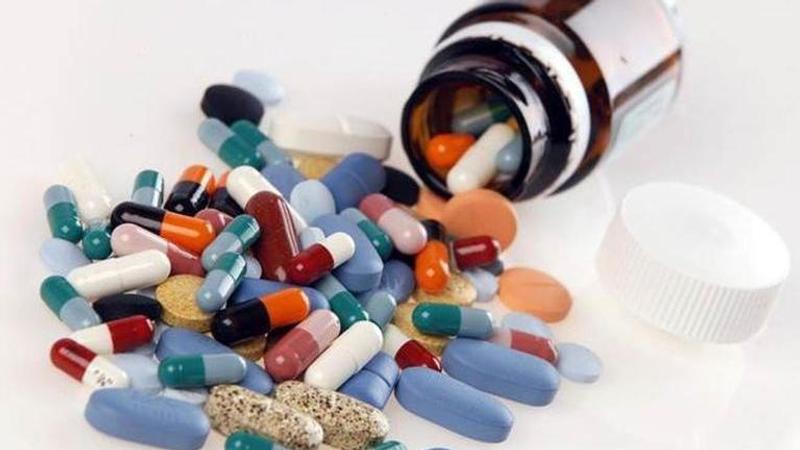Published 19:19 IST, March 29th 2020
French expert says second study shows malaria drug helps fight coronavirus
The controversial French professor who believes the anti-malaria drug chloroquine can help beat the coronavirus, has claimed that a new study he has conducted confirms its "efficiency" at combatting the virus

The controversial French professor who believes the anti-malaria drug chloroquine can help beat the coronavirus, has claimed that a new study he has conducted confirms its "efficiency" at combatting the virus.
But several other scientists and critics of microbiologist Didier Raoult, who heads the infectious diseases department of La Timone hospital in Marseille, were quick to cast doubt upon his findings.
They said the testing was not carried out in a controlled study and that the results were purely "observational". Dr Raoult, whose theory has been taken up by US President Donald Trump, said his new study of 80 patients showed that four out of five of those treated with the drug had "favourable" outcomes.
He had earlier reported that after treating 24 patients for six days with hydroxychloroquine and the antibiotic azithromycin, the virus disappeared in all but a quarter of them. The research has not yet been peer reviewed nor formally published in a medical journal. No stranger to controversy, the colourful scientist with shoulder-length blond hair and grey beard, insists that the Chinese pulmonary expert Zhong Nanshan observed a similar pattern.
Raoult's critics have pointed to problems with the protocol of his testing and worrying side effects of the drug. Fakemed, a group of scientists against fake news in health, lambasted the 68-year-old professor. After Raoult released his latest findings on the internet over the weekend, Professor Francois Balloux of University College, London, tried to dampen talk that the drug could be a silver bullet.
"No, (this is) not 'huge' I'm afraid," he said on Twitter. "This is an observational study (i.e. not controlled) following 80 patients with fairly mild symptoms. The majority of patients recover form #COVID19 infection, with or without #Hchloroquine and #Azithromycin treatment." Statistician Tim Morris of the university's clinical trials unit was even more scathing.
"If hydroxychloroquine turns out to be useful," he tweeted, "it's a shame that this group will be praised as heroes and prophets instead of held to account for the misinformation and self-promotion they've been churning out at a critical time."
Chloroquine and hydroxychloroquine, which is often sold as Plaquenil, have been hailed as a potential "gamechangers" by Trump, but US government experts are as yet unconvinced, with Dr Anthony Fauci, the head of the US National Institute of Allergy and Infectious Diseases, calling the results so far "anecdotal".
At least one person has already died in the US after self-medicating with a non-pharmaceutical version of the drug used for cleaning fish tanks. Fears have also being raised that stockpiling of the drug will deprive people who are already being treated with it for malaria, lupus and certain types of arthritis.
Dr Philippe Gautret, who was part of the team behind Raoult's latest findings, admitted that they only used the combination of drugs on "patients who had not been showing signs of being seriously ill after admission" to the hospital. "Our strategy was precisely to treat them at that stage to stop the disease getting to a more serious stage," he told AFP. "A doctor can and must think like a doctor and not like a methodological researcher," Raoult wrote in an article for the French Le Monde daily, defending his methods.
According to his latest study, 65 of the 80 patients treated improved and were discharged from hospital in an average of less than five days. One patient aged 74 was still in intensive care and another aged 86 died. But his critics say such results were fairly typical of the virus.
Two Chinese studies have shown that "10 days after the start of symptoms, 90 percent of people who have a moderate form (of the disease) have a controlled viral load," epidemiologist Dominique Costagliola, of the French health research institute Inserm, told AFP. The fact that they got these results using hydroxychloroquine "does not make the case for its effect," she said.
Photo Credit-AFP
Updated 19:19 IST, March 29th 2020




